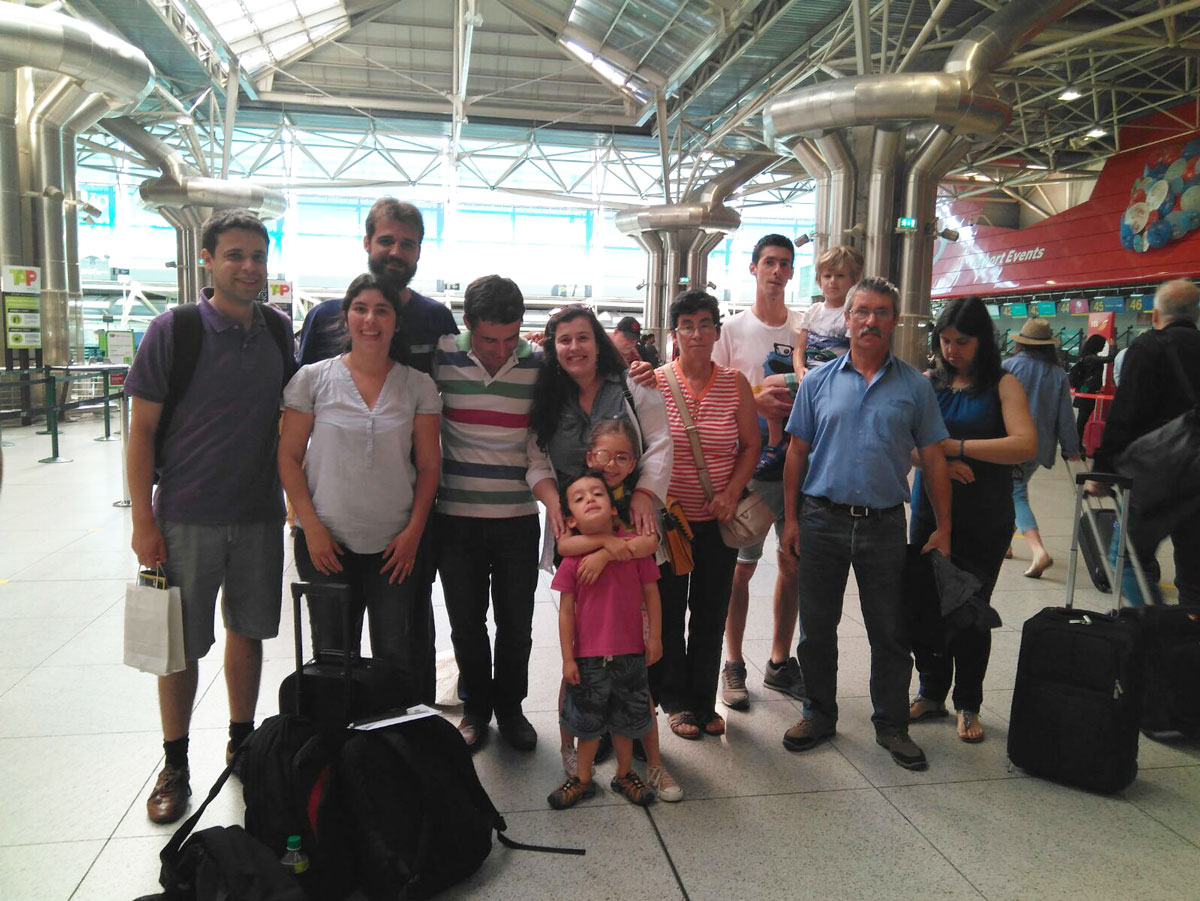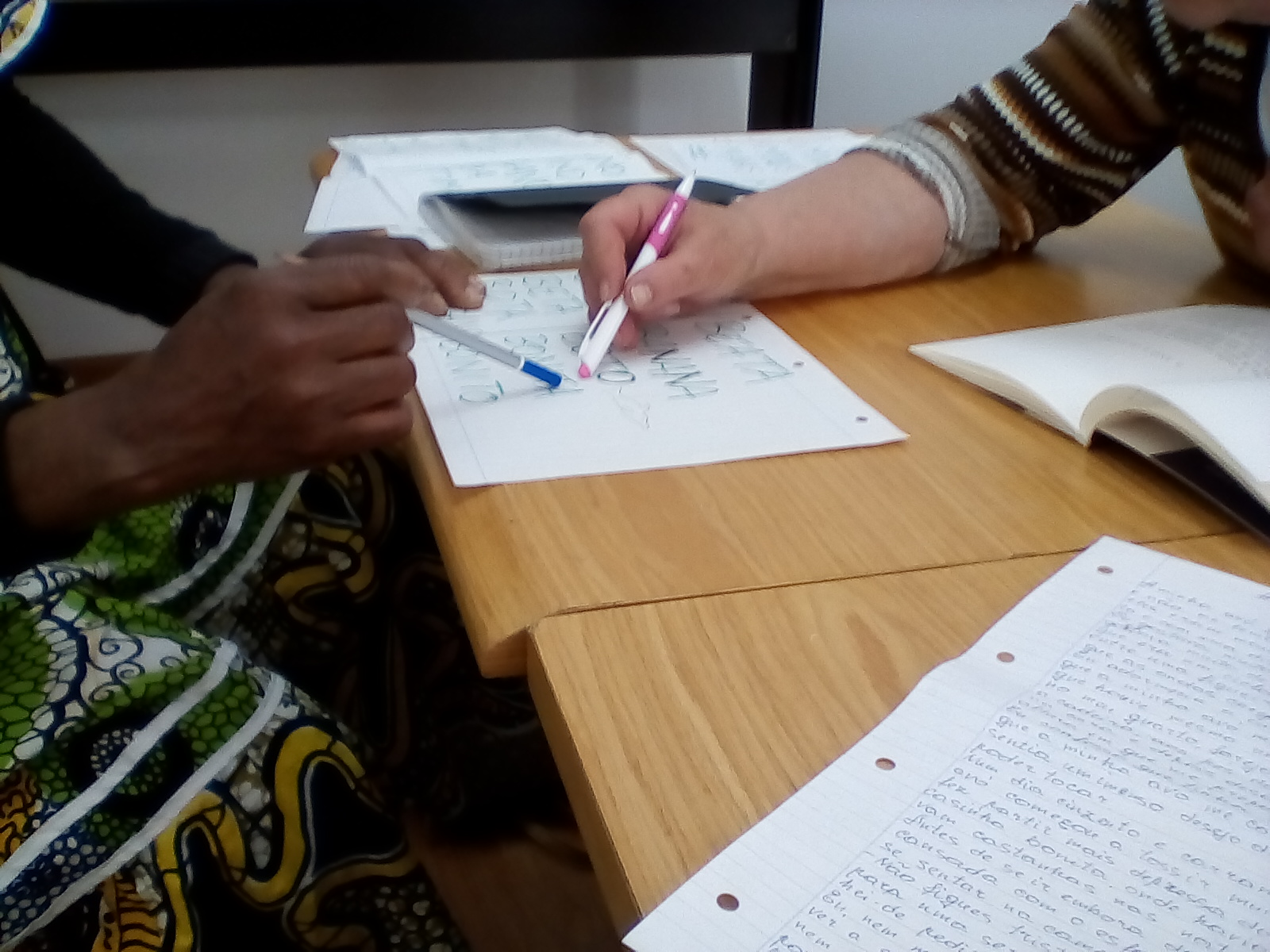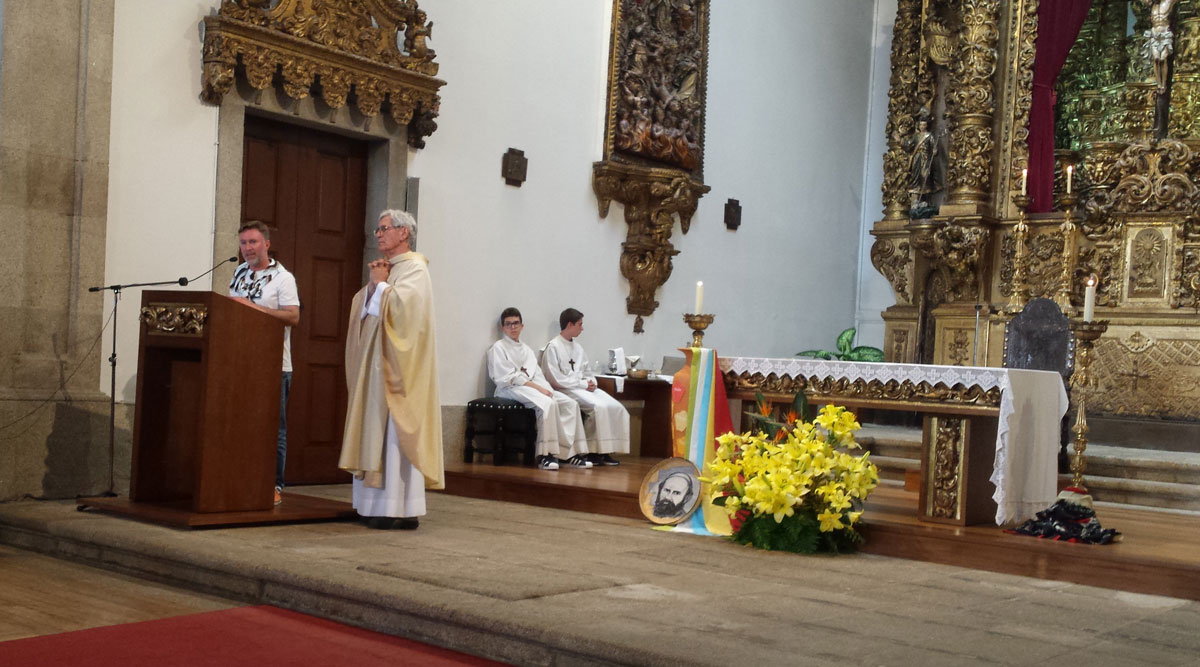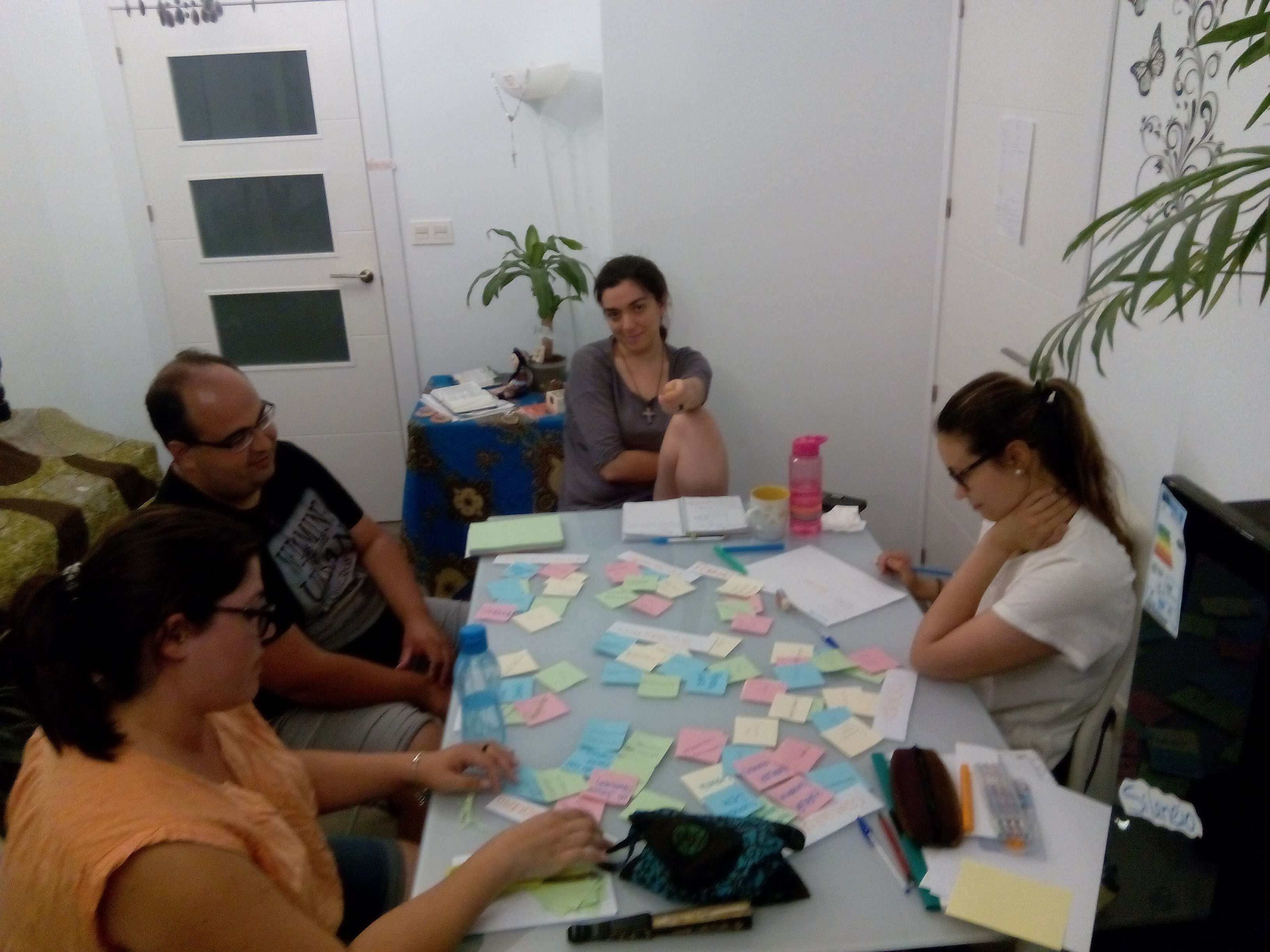
Last week I visited the Lisanga community in Granada. This time the formation was in Spanish, which paradoxically was a drag because most of the material I had was either in English or in Portuguese, but it turned out well in view of having the material available in various languages.
This is always a special time for me: To leave the office, away from e-mails and video-conferences and have the opportunity to share personally with our CLM. In this case it was with David and Aitana, Spanish CLM, and especially with Paula and Neuza, Portuguese CLM who are in Spain preparing to go to Peru.
David and Aitana are teachers and they were in their last week of classes so they were very busy with exams, evaluations and activities typical of this time. Just the same, they took time to share in some important moments of formation and of the week. They volunteered to welcome and make community with Paula and Neuza during the months thy will be here to study Spanish and to prepare to leave for Peru.
I spent most of my time with Paula and Neuza. We would get up early in the morning to say Lauds and start the day. The first few days we studied Spanish in the morning, but for the rest we took advantage of the first part of the morning to do some sports. We have to keep in shape, as mission requires it of them. Above all, they must be ready to do a lot of walking with the people.
After that, we had plenty of time to talk about mission, about community, to share our Comboni charism, to speak of Church and of the different styles of mission, to get to know more deeply our CLM at the international level and lots of other things.
It is always exciting to share these moments prior to the departure: The worries, the challenges to be faced and above all the trust in the One who calls us by name to serve far away from home.
During this time in Spain many people have shared with them their experiences of mission, have visited them or they themselves were able to visit many Spanish CLM and religious who have served in mission, in Peru and in other places. This way mission becomes community. They are not going on a personal quest, but they are sent as missionaries by our CLM community, which is always present, commits to their formation and follows them as well with prayers. Some commented that we all go to Peru with them.
The week ended with a meeting to evaluate the CLM of the Southern Zone of Spain. I think they felt most welcome by all and by the religious Comboni family of Granada with whom they are sharing lots of time during this month. And for the Southern Zone it was an electrifying moment, because any time mission knocks at our door, it mobilizes us, it animates us, it sets us moving and feeling alive. And so it was here in Spain as well with the preparation of our companions from Portugal.
Thank you.
We pray that all may go well in their mission and we will always be ready to accompany them on this journey of service to our brothers and sisters in Peru.
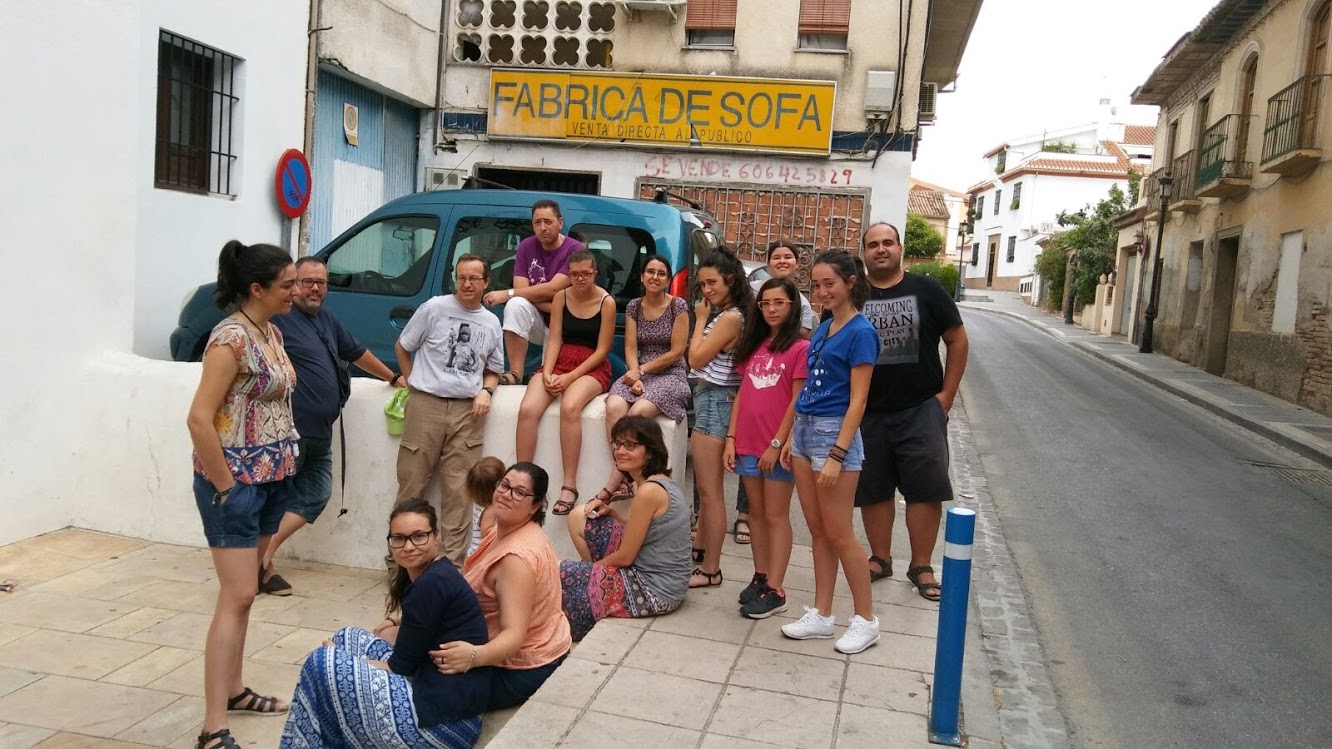 Greetings
Greetings
Alberto de la Portilla
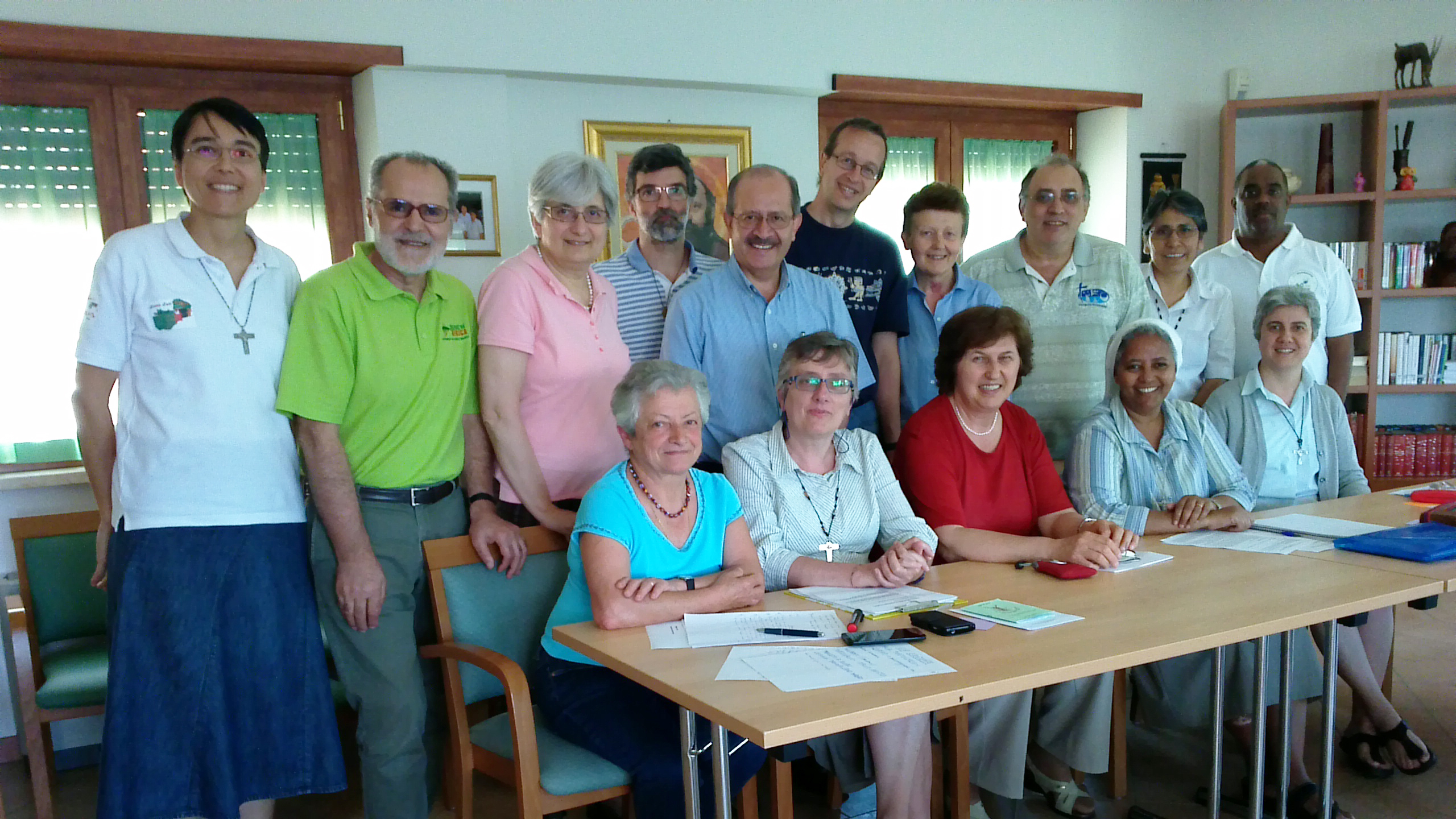 General Counsels of MCCJ, SMC, MSC and the Central Committee of the CLM
General Counsels of MCCJ, SMC, MSC and the Central Committee of the CLM





